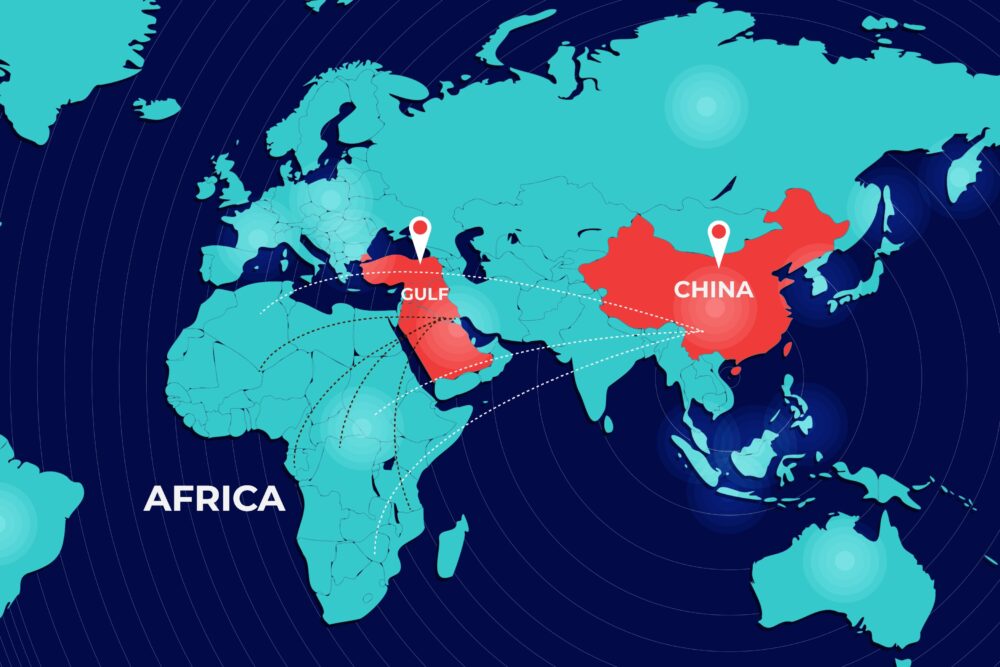
The action is part of Guinea’s sweeping sector-wide reform aimed at curbing regulatory violations, boosting revenue collection, and ensuring that mining activities contribute more directly to national development goals.
The government sources say the number of affected permits could be as high as 53, in what analysts interpret as a signal to larger operators that the state is serious about enforcing compliance in the world’s second-largest bauxite-producing country.
This development reflects a broader trend across Africa, where governments are reassessing their control over critical mineral sectors.
In other military-led countries such as Niger, Mali, and Burkina Faso, similar crackdowns on underperforming or non-compliant mining operators have taken place. Ghana has also recently initiated license revocations targeting firms in its mining sector.
While the recent cancellations in Guinea span bauxite, gold, diamond, and graphite operations, officials insist the move primarily targets smaller firms that failed to meet investment obligations or breached operational guidelines.
Guinea is home to the world’s largest reserves of bauxite and accounts for over a quarter of global supply, with major international firms, including Chinese and Russian operators, active in the sector.
Bauxite exports are a cornerstone of Guinea’s economy, generating billions of dollars annually and positioning the nation among Africa’s top mineral exporters.
In 2023, Guinea’s bauxite exports rose by 11% compared to the previous year, with China receiving the largest share. The country ranks alongside Australia, China, and Brazil among the world’s leading bauxite producers, contributing about 28% to global output.
Bauxite is a metallic mineral essential for producing aluminium, which is widely used across industrial and infrastructure sectors.
Analysts say Guinea’s leading bauxite producers are on track to mine more than 200 million tons in 2025—a 35% increase over last year’s record production.
Source: Businessinsider







